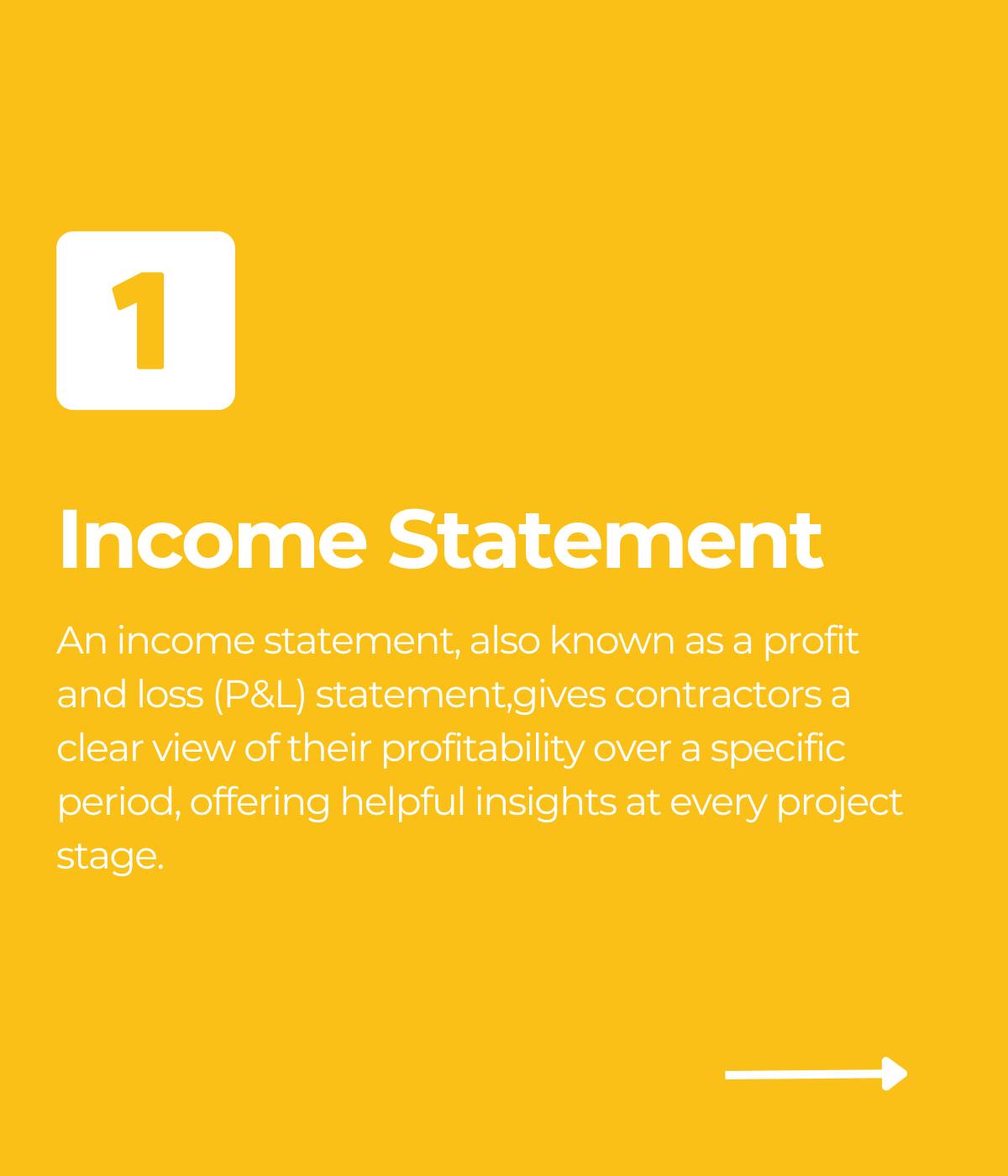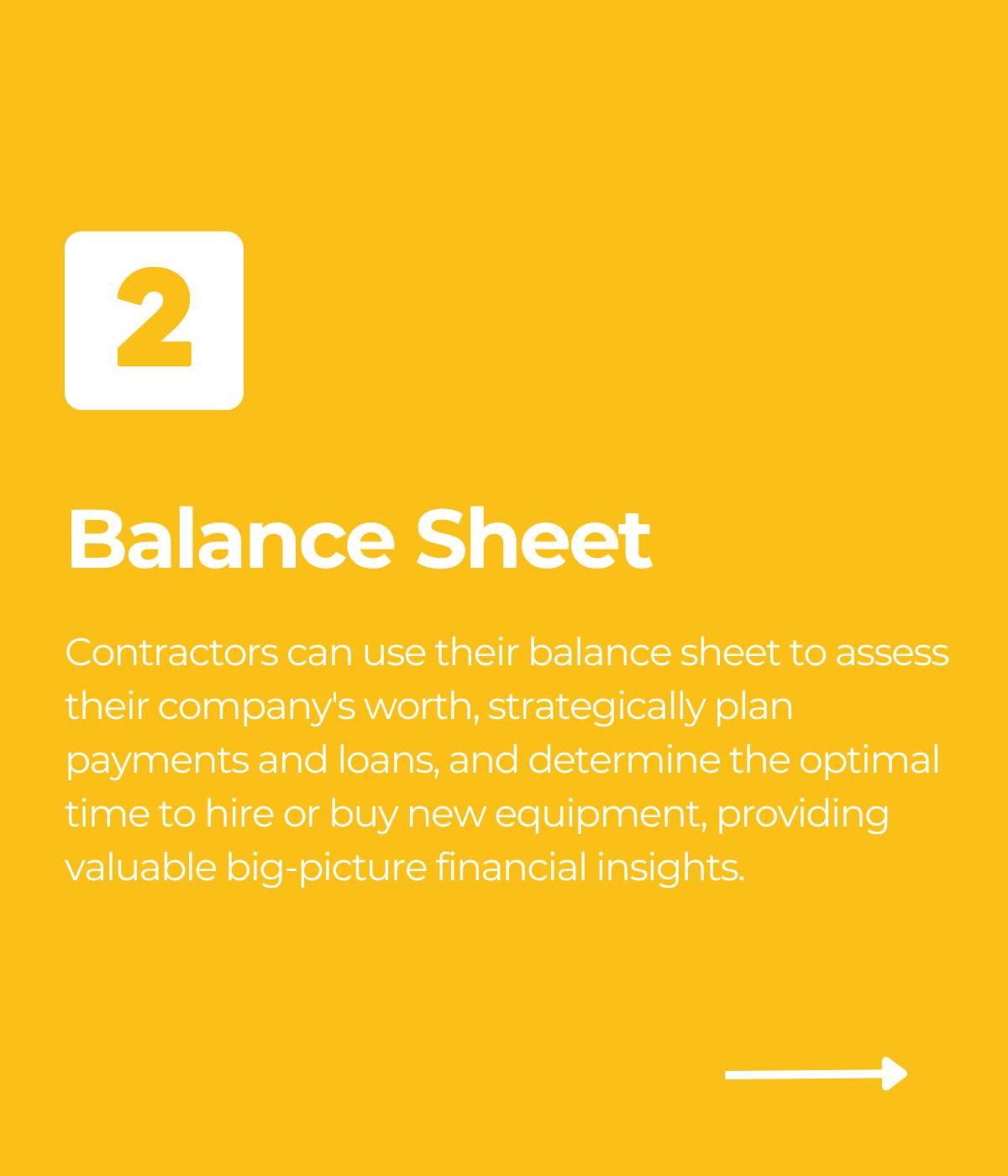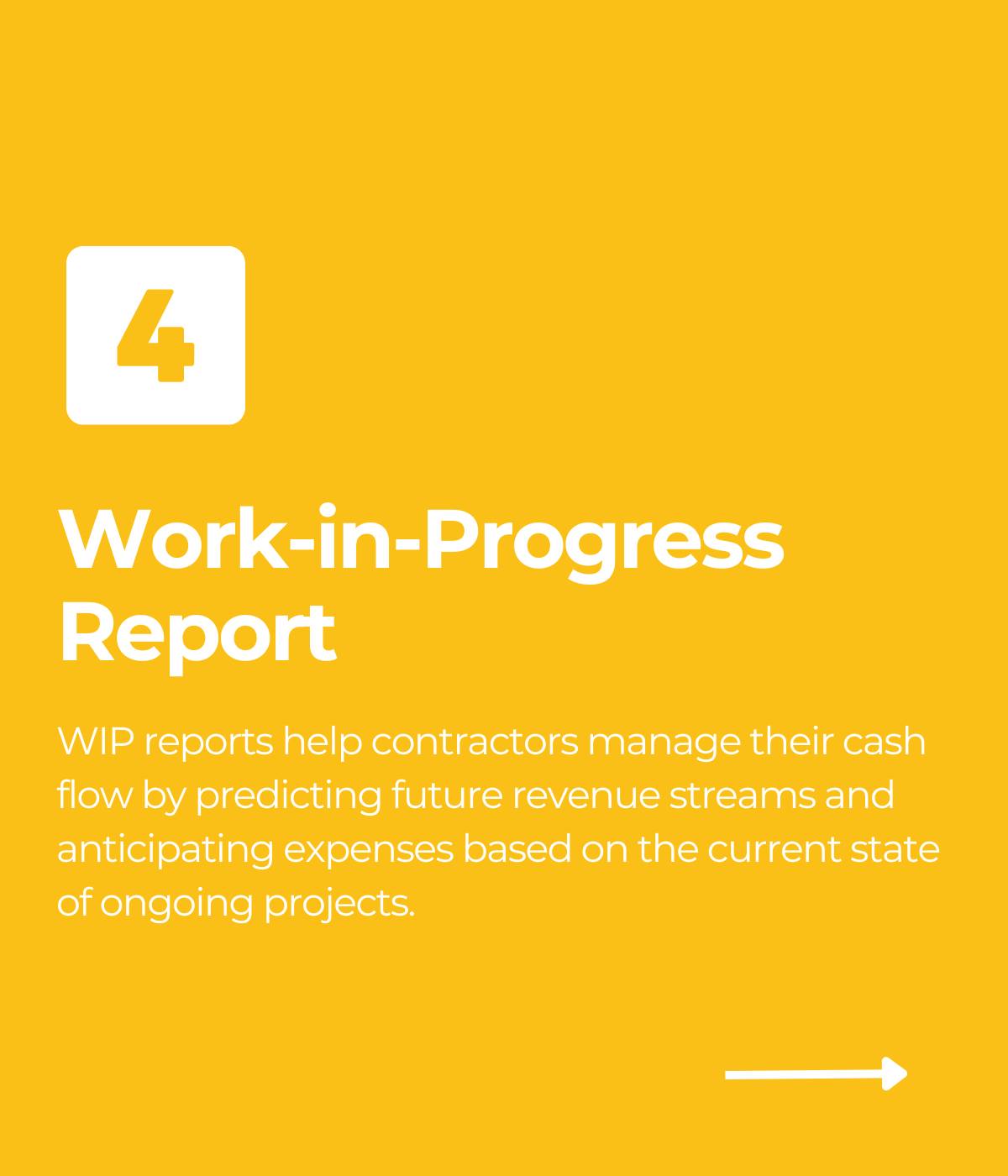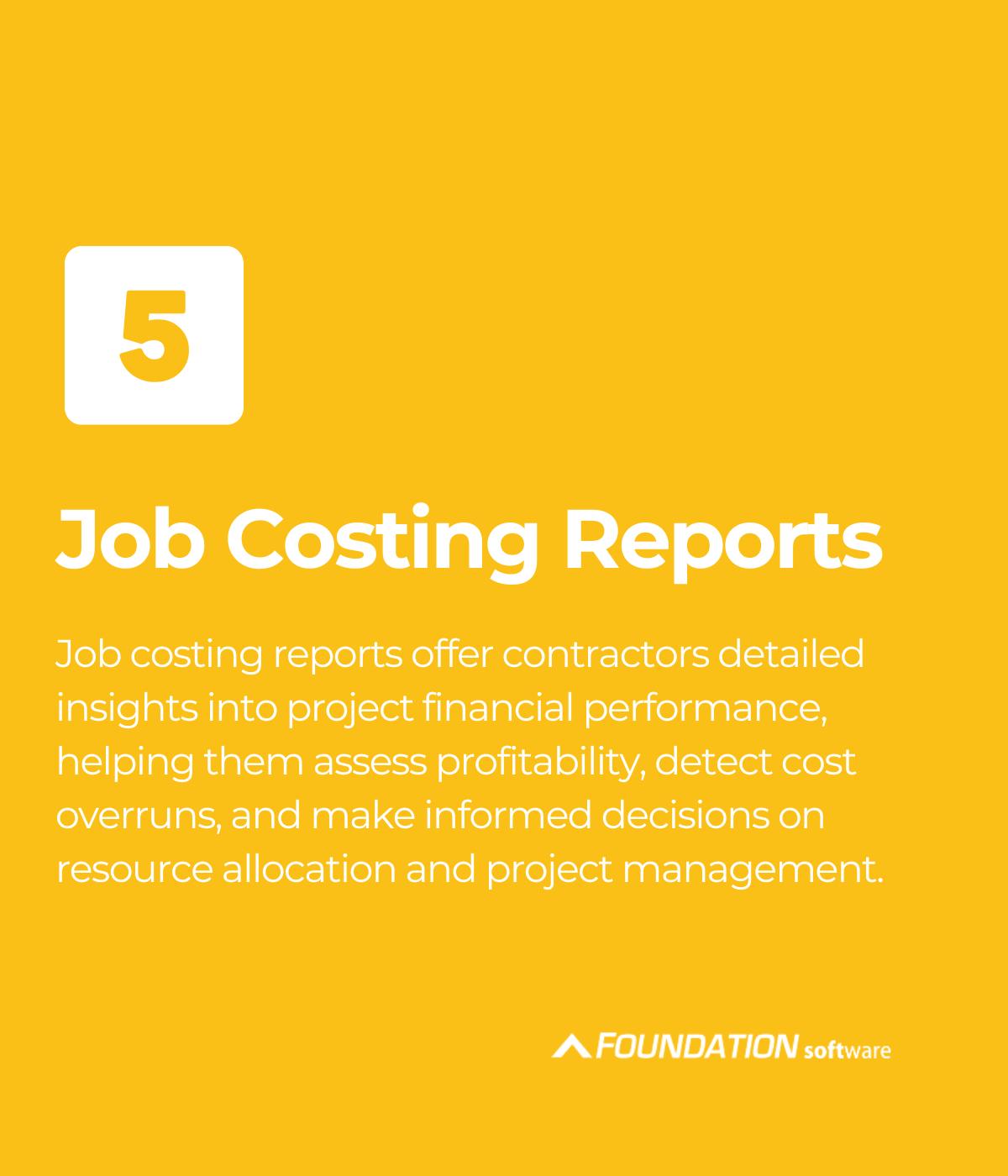
Guest Contributor: Christian Haring, Harbor Compliance
Everyday Contractor Licensing Challenges
Imagine a scenario. A client invites you to work on a prime project, and they want you to get started right away. The only catch — it’s in a state where you’re not licensed.
Or, a qualifier leaves suddenly, putting your licenses in jeopardy in more than a dozen states — and you don’t have a replacement.

You get a notice, mid-project, that your workers’ compensation exemption expired, and you’re barred from working until you file a renewal. You didn’t even know renewal was required.
These are all widespread dilemmas. For example, nearly 40% of contractors surveyed by HKA reported that their 2022 projects had been postponed, with reschedules planned. This illustrates the complexity contractors face when trying to maintain consistent licensure and good standing across multiple jurisdictions.
Turning Licensing Requirements Into Opportunities
This complexity can present serious risks — and headaches — for unwary contractors, even those who work conscientiously to play by the rules. By understanding the main sources of regulatory oversights, being proactive and using appropriate software, however, you can safeguard your company’s regulatory compliance and even leverage licensing for substantial returns.
The following tips can help you change licensing from a source of uncertainty and administrative headaches to an asset that drives profitability and growth.
1. Have a Licensing Plan.
Licenses are inexpensive compared to the opportunities they open up. Yet they take time to obtain, and you must generally have your license in hand before offering services. All of this points to the importance of considering licensing early in your business development plans.
If your team sees potential in a new jurisdiction, don’t wait for the opportunities to materialize before tackling the licensing piece. Contractors regularly miss out on seven-figure deals over licenses that cost a few hundred dollars because they couldn’t get licensed in time to capture the opportunity.
2. Deepen Your Bench.
Relying on a single qualifier puts your business in a precarious position if anything happens to that individual. It’s important to have additional staff who are already qualified, or preparing for qualification, in the licensure pipeline. It’s also wise to sketch out a plan for next steps, such as notifying authorities and lining up exams, in case you lose a qualifier.
3. Be Meticulous With Licensing Paperwork.
When entering a new jurisdiction, research requirements and processes thoroughly before beginning any paperwork. Some common causes of license rejections among contractors include:
- inadequate documentation of experience
- failure to document workers’ compensation coverage or apply for exemptions, as required
- failure to follow prescribed steps for testing and licensure (In some jurisdictions, testing comes first; in others, contractors must get approval from their licensing board before taking the exams.)
- lack of state-specific language on bond and insurance policies, where required
4. Maintain Good Standing.
In addition to licenses, you must manage all of the filings required to maintain good standing in each state where you’re registered to do business. This includes submitting annual reports to the secretary of state and maintaining registered agent service. You must also provide notice of any changes in information on record with state authorities, often within 30 days or less. Failing to promptly report changes can jeopardize your licenses and good standing.
5. Audit Compliance Periodically.
Your business is always changing, and government requirements are too. By formally auditing your compliance practices at least annually, you can ensure that your practices are up-to-date.
6. Harness The Power of Compliance Software.
If all of that sounds like a lot to track and maintain, it is. The good news is, you can cut the job down to size with dedicated compliance software.
Harbor Compliance’s software, for example, is purpose-built for these tasks. It interfaces with secretary-of-state databases in every U.S. jurisdiction for easy monitoring of your entity’s status. And it handles the full range of professional licenses and jurisdictions contractors must navigate to stay compliant, so you never have to worry about manually tracking deadlines or chasing down important documents.
7. Get Expert Help.
If you would like to take it a step further and completely offload these burdens, along with access to compliance software for visibility and reporting, Harbor Compliance provides a suite of full-service licensing and entity management solutions designed to meet the complex needs of multi-state contractors. Our specialists:
- handle all of the government paperwork for you, from initial research and file preparation through submission
- follow up with state agencies to ensure prompt review and approval
- track and file renewals for you
- provide ongoing support whenever you have questions about compliance
Harbor Compliance’s services include full access to our compliance software, so your licenses and records are always at your fingertips.

To learn more about construction licensing compliance or see a one-on-one compliance software demo, give Harbor Compliance a call at (888) 995-5895 or get in touch. We’re eager to help.
Disclaimer: Neither Harbor Compliance nor Foundation Software is an accounting or law firm, and neither provides tax, financial or legal advice.
Share Article
Keep on current news in the construction industry. Subscribe to free eNews!
Our Top 3 YouTube Videos
Learn about our software more in depth with product overviews, demos, and much more!
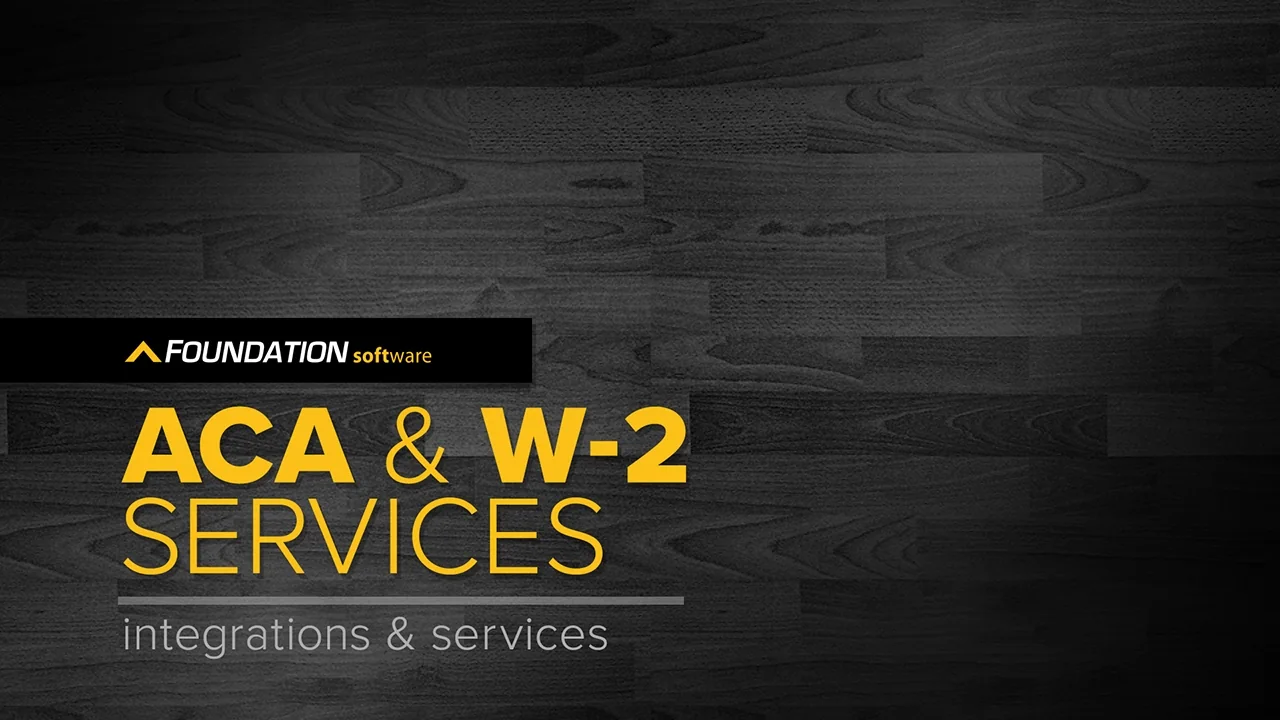
Our ACA reporting & e-filing services include official 1094-C and 1095-C IRS reporting, optional e-filing (no applying for a TCC code required), mailing to your employees and experienced support to help you.
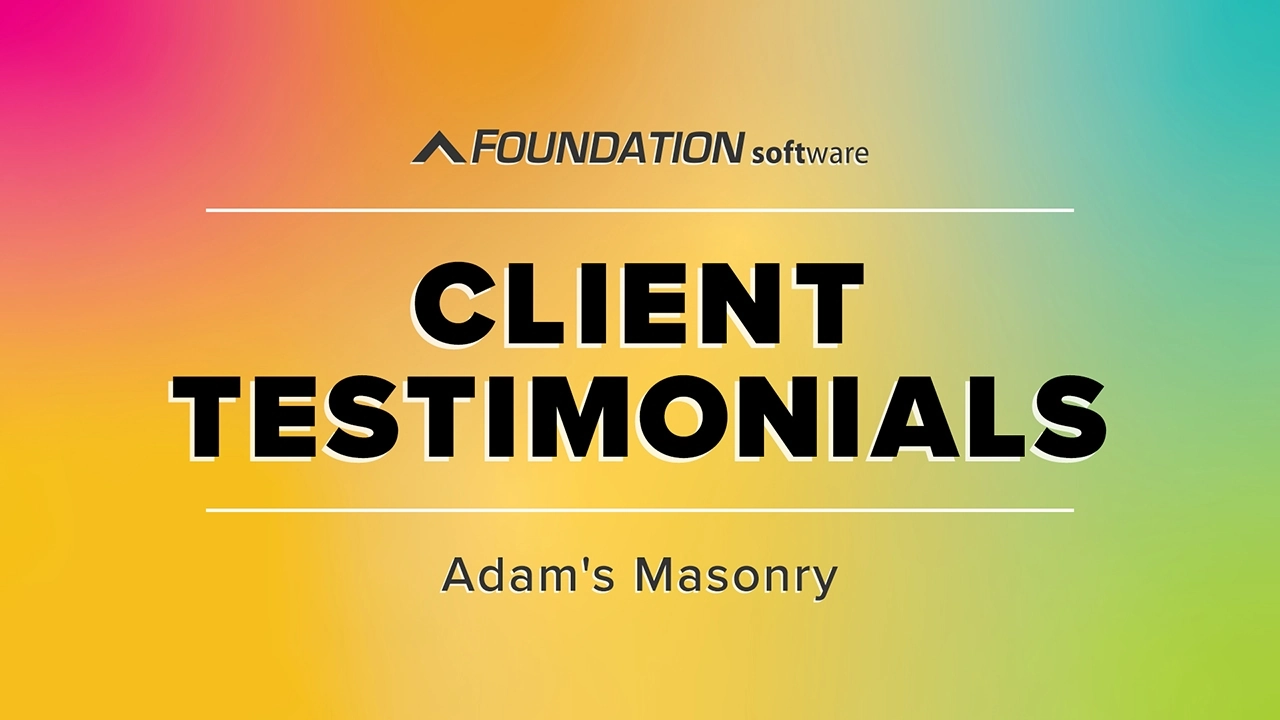
There are plenty of reasons to make FOUNDATION your choice for job cost accounting and construction management software — just ask our clients!
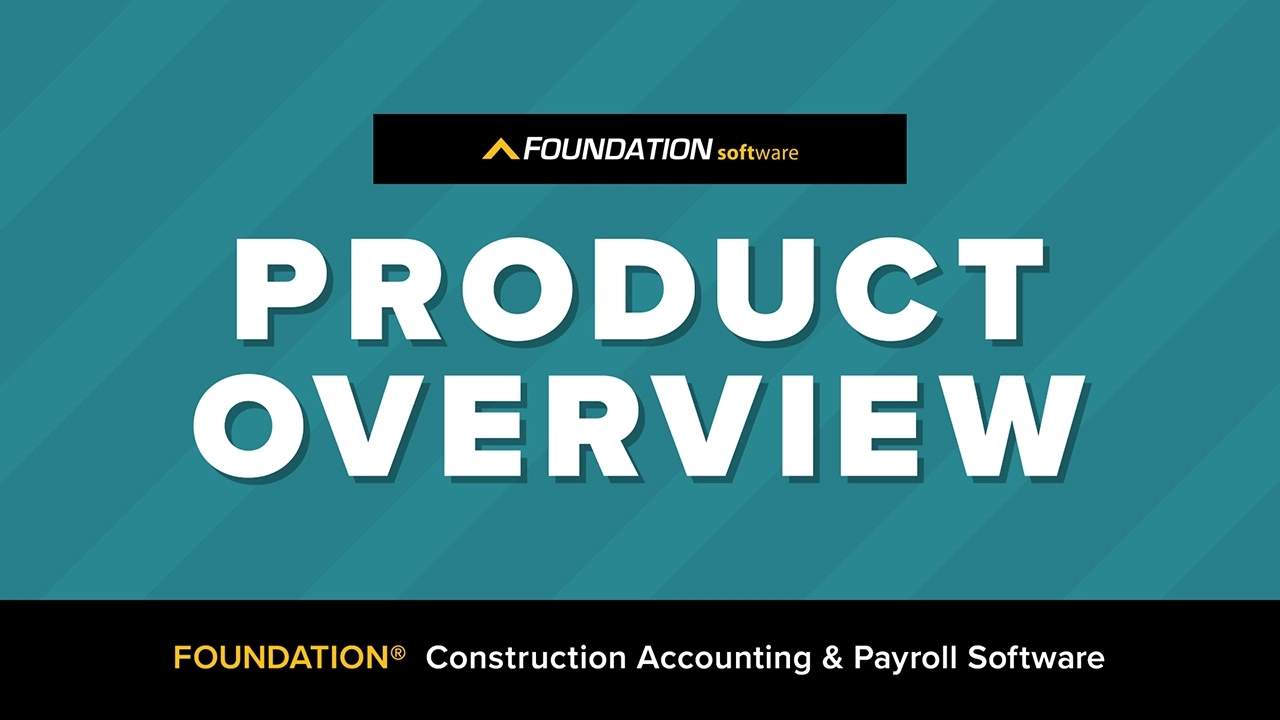
From job cost accounting software, to construction-specific payroll. Get an overview on your next all-in-one back-office solution.



